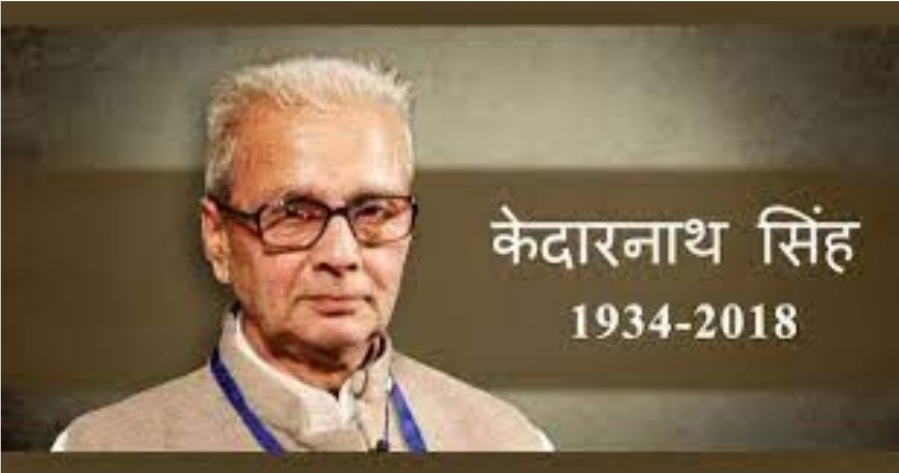TARA – ACT TWO
TARA – ACT TWO
by Mahesh Dattani
-Aysha Sherin
In the play, ‘Tara’, Mahesh Dattani presents the complicated dynamics of a typical Indian play. It is the third dramatic work of Dattani. The play revolves around the life of conjoined twins and a crucial surgery that separated the two, leaving them crippled for life. It exposes the typical Indian mindset which prefers a boy child over a female child. It also portrays the failure and triumph of a family trying to cope with the trauma of disability. Act one introduced us to the conjoined twins, Tara and Chandan and their parents, Bharati and Patel. Act two brings out the characters’ inner conflict, repressions and past secrets.
Act two begins with Tara returning home after kidney transplantation. She finds out that her mother isn’t home and is currently admitted at the hospital due to her mental condition. The scene shifts between an imaginative interview between Chandan and Dr. Thakkar, and Tara and Chandan’s childhood memories. The interview provides further insight into the complications of the surgery.
Bharati’s psychological stress and hints regarding her mental condition are portrayed right from the beginning of the play and eventually we learn the cause of it. Throughout the play Bharati and Tara are shown to have a special bond and she is also under the impression that her father does not like her.
Tara:………… I don’t care! I don’t care for anyone except mummy!
The turning point in the mother-daughter relationship comes when Patel reveals the truth behind the surgery. We get to know that Bharati, along with her father decided to prioritize Chandan over Tara by giving that one leg which belonged to both of them to Chandan even though the blood supply to the limb was from Tara’s body. As a result, Chandan’s body rejects the limb and both Chandan and Tara are left with one limb each. Bharati, who was complicit in the decision to sacrifice Tara’s happiness is overcome with guilt and grief.
Bharati: …And I will make up for….for…your father,and I will make up for all the things God hasn’t given you.
Her over-possessive attitude and maternal love is an attempt to overcome this guilt. She tries to compensate for her decision through her excessive concern for her and tries to assert her moral superiority over her husband. Her sense of guilt and regret is so deep that she even tries to donate her kidney to Tara. Tara, who was unaware of the truth then, assumes that she does this only out of her love. But with the revelation, her illusion is broken and she is shattered. It is also to be noted that few instances in the play suggest that Tara might be smarter than Chandan and might have been even more successful had she been provided with a fair opportunity. But because of the unfair operation, her life is eventually wasted away and she dies. Dattani carefully chooses the name ‘Tara’, meaning ‘star’ as it matches with her bright and shining personality. She would have shone like a star if she had been provided with a complete and just life. The discrimination against Tara continues even after her death. Chandan changes their story into his tragedy and apologizes for doing so.
Dan: Forgive me, Tara. Forgive me for making it my tragedy.
The fact that Tara’s mother plays a crucial role in the injustice done to her indirectly suggests that women themselves play a role in continuing the chain of injustice to them right from the birth.
Playwright also attempts to show how nature and science complement each other. But when science tries to conquer nature and God by trying to give the girl’s leg to the boy, it is rejected by his body and brings grief and pain to both boy and the girl.
The play ends with reconciliation of Chandan and Tara as they hold each other in a tight embrace just like their former fused form. The playwright shows how men and women complement one another and how one is incomplete without the other. As Dattani himself says, ‘Tara’ is a play about the gendered self, about coming to terms with the feminine side of oneself in a world that always favours what is ‘male’. The play presents many themes, from the stereotypical gender roles to family conflicts, from dealing with disability and its consequences to the toxic hilarity the neighbourhood girls find in the Patel family.





Comments
Post a Comment